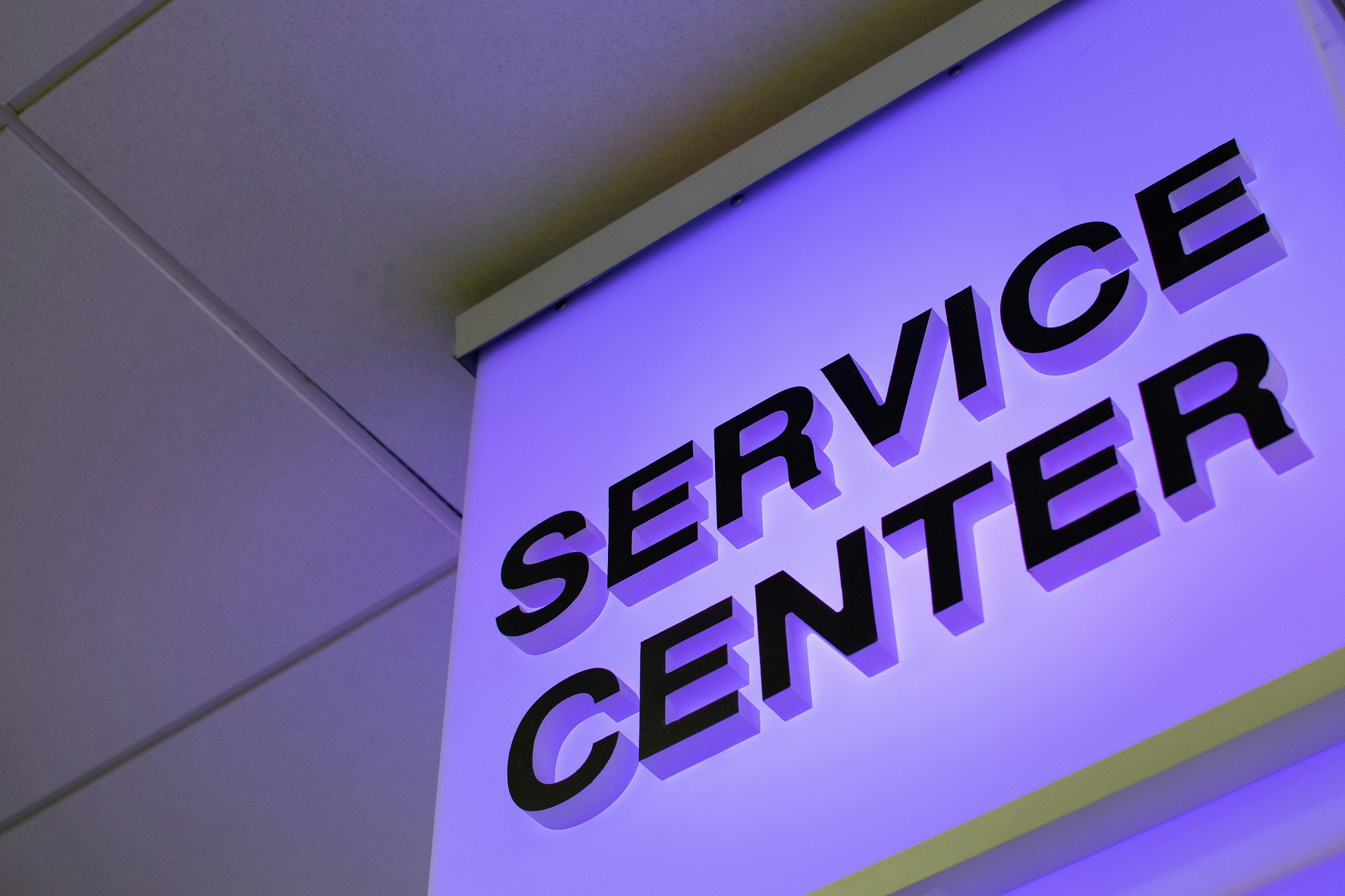
In today’s competitive business world, keeping track of customers, prospects, and sales activities can be challenging. That’s where a Sales CRM (Customer Relationship Management) system comes in. Whether you’re part of a sales call center, managing a team, or running your own business, understanding how a Sales CRM works can make a huge difference.
This guide will explain what a Sales CRM is, how it can help your business, and how it connects with tools like Calling Software for sales teams. Let’s dive in!
What is a Sales CRM?
A Sales CRM is a software tool designed to help businesses manage and improve their relationships with customers and prospects. It’s like a digital assistant that keeps all your customer data, sales activities, and communications in one place.
Instead of juggling spreadsheets, emails, and sticky notes, a Sales CRM organizes your sales process into a streamlined system. It’s particularly useful for teams in a sales call center or businesses that rely on frequent customer interactions.
Key features of a Sales CRM include:
- Contact Management: Stores all customer and prospect information.
- Sales Pipeline Tracking: Visualizes where each deal stands in the sales process.
- Task Automation: Sends follow-up reminders and automates repetitive tasks.
- Reporting and Analytics: Provides insights into sales performance.
How Does Sales CRM Help Businesses?
A Sales CRM is more than just a fancy database. It’s a tool that helps you sell smarter, not harder. Here are some specific ways it can help:
- Centralized Customer Information With a Sales CRM, all your customer data—like names, phone numbers, past interactions, and preferences—is stored in one place. This eliminates the need to search multiple platforms for information. It’s a lifesaver, especially in a busy sales call center environment where quick access to data is crucial.
- Streamlined Communication Sales teams often use calling software to manage their outreach. Integrating calling software with a Sales CRM allows you to log calls, track outcomes, and even set follow-up tasks—all within the CRM. This seamless integration ensures no opportunity slips through the cracks.
- Improved Sales Forecasting By tracking your deals and analyzing historical data, a Sales CRM helps you predict future sales. This is especially helpful for businesses aiming to set realistic goals and measure performance.
- Better Team Collaboration In larger sales teams, collaboration can be tricky. A Sales CRM acts as a central hub where team members can update deal statuses, share notes, and coordinate efforts. This ensures everyone is on the same page.
- Enhanced Customer Experience Personalization is key to customer satisfaction. With all the data at your fingertips, you can tailor your interactions to meet individual needs, making customers feel valued and increasing the likelihood of a sale.
The Role of Calling Software in Sales CRM
Sales call centers and sales teams often rely heavily on calling software to communicate with leads and customers. When paired with a Sales CRM, calling software becomes even more powerful. Here’s how:
- Automatic Call Logging: Every call made using the software is automatically recorded in the CRM, saving time and ensuring accurate records.
- Click-to-Call Features: With just a click in the CRM, you can place calls through your calling software. This reduces manual dialing errors and speeds up the process.
- Call Analytics: Many calling tools provide data on call duration, outcomes, and success rates. When synced with a CRM, this data helps refine your sales strategy.
By combining a Sales CRM with calling software, sales call centers can significantly increase productivity and close deals faster.
Why Your Business Needs Sales CRM?
Still on the fence about investing in a Sales CRM? Here are a few signs that your business could benefit:
- You’re Losing Track of Leads: If you’re missing out on follow-ups or forgetting where leads are in your pipeline, a CRM can help you stay organized.
- Your Team is Overwhelmed: Sales teams often struggle with juggling tasks and prioritizing leads. A CRM simplifies workflows and ensures the right tasks get done at the right time.
- You’re Not Sure What’s Working: Without clear insights into your sales activities, it’s hard to know what’s driving results. A CRM’s analytics tools provide clarity.
Choosing the Right Sales CRM
When selecting a Sales CRM, look for these features:
- Ease of Use: A complicated CRM can slow down your team. Choose one with an intuitive interface.
- Integration Options: Ensure the CRM works well with your existing tools, like calling software or email platforms.
- Customization: Your business is unique, and your CRM should adapt to your needs.
- Scalability: Pick a CRM that can grow with your business.
Final Thoughts
A Sales CRM is an essential tool for modern businesses looking to improve efficiency; close more deals, and delivers a better customer experience. Whether you’re running a Sales Call Center or managing a small team, combining a CRM with calling software can revolutionize the way you work.
Ready to take your sales process to the next level? Start exploring Sales CRMs today and see the difference they can make for your business!